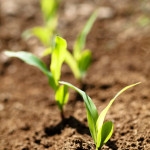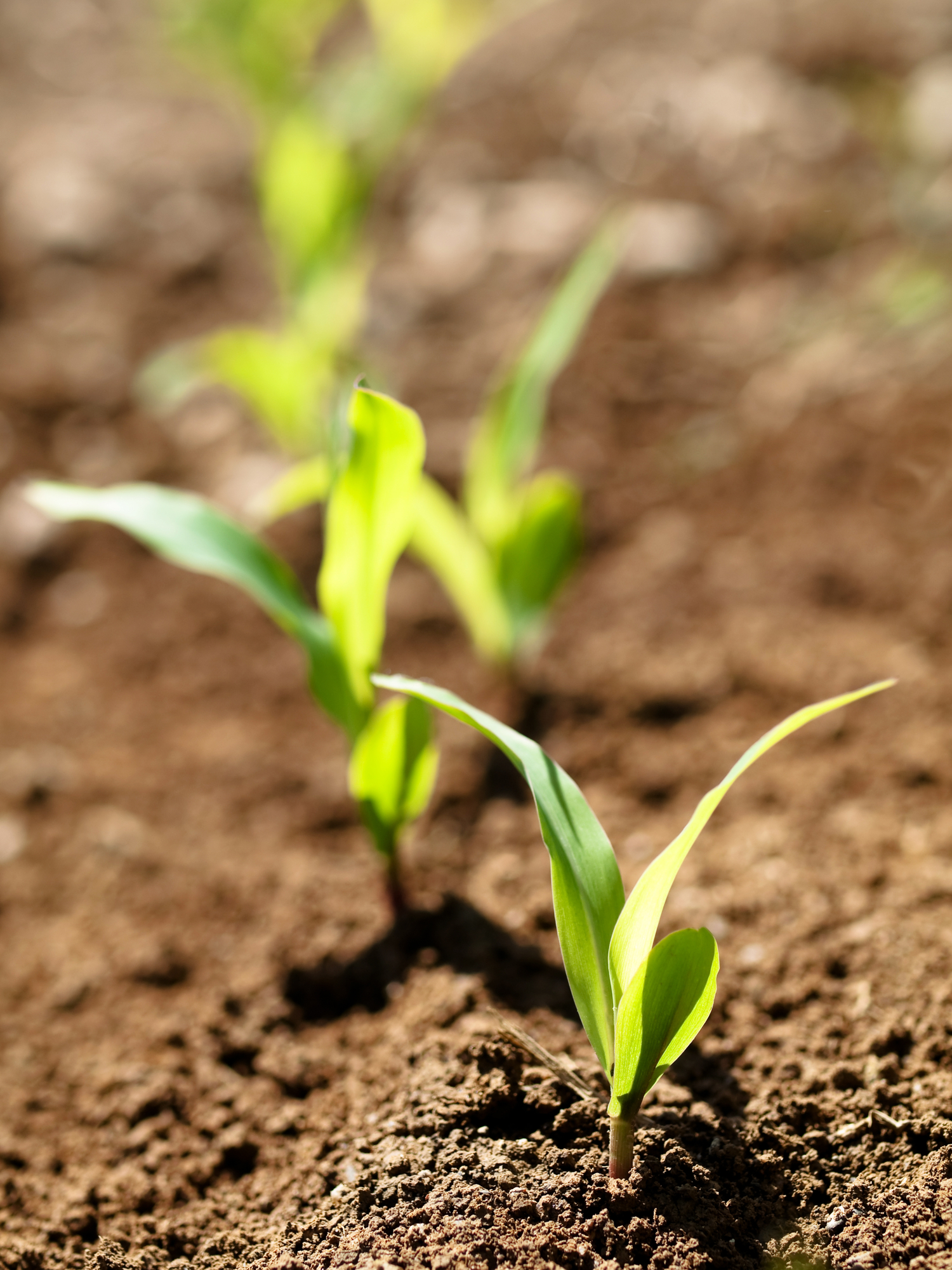 One of the things that U.S. Department of Agriculture has done well, is to recognize that when they cost share with a farmer to install a conservation practice, that the ecosystem services that may be produced belong to the farmer. This is critical if we are to step up to meet the environmental challenges of the 21st Century.
One of the things that U.S. Department of Agriculture has done well, is to recognize that when they cost share with a farmer to install a conservation practice, that the ecosystem services that may be produced belong to the farmer. This is critical if we are to step up to meet the environmental challenges of the 21st Century.
In the next generation, we will need to produce more food than we have in the history of agriculture (9 Billion world population by 2050). That is an incredible challenge. There will not be more land or water resources available to meet those needs. But between increasing world population growth and increasing demands for higher quality diets (particularly from parts of the world that had severely constrained diets that are now emerging from abject poverty) agriculture will face its steepest challenges to meet demand that we have seen in decades. The result will be a massive intensification of agricultural production.
The most conservation minded producers – and typically the most appropriate lands to invest in conservation – participate in the Natural Resources Service (NRCS) conservation programs. These producers should be encouraged to produce all of the environmental goods and services that they can – not penalized for being early adopters or for putting conservation practices on their lands. Without these leaders we will not see progress on water quality, bio diversity or a host of other environmental objectives.We need to have a similar – or greater – increase in the intensification of conservation. As agriculture has adopted “smart farming” where the inputs are highly managed to produce results, we need to advance “smart conservation.” It is no longer adequate to spread conservation investments across the landscape and hope for the best, but instead we need to think like conservation capitalists – to invest our limited resources where they produce a higher environmental return on investment.
Bottom line, we need to get the economics right. People naturally act where they can see value. Most of the most valuable water quality investments, for example, have little or no on farm value added. Those improvements in water quality (or other ecosystem services) need to be available to the producer to enter into commerce to serve as another “crop” to support their economic viability.

